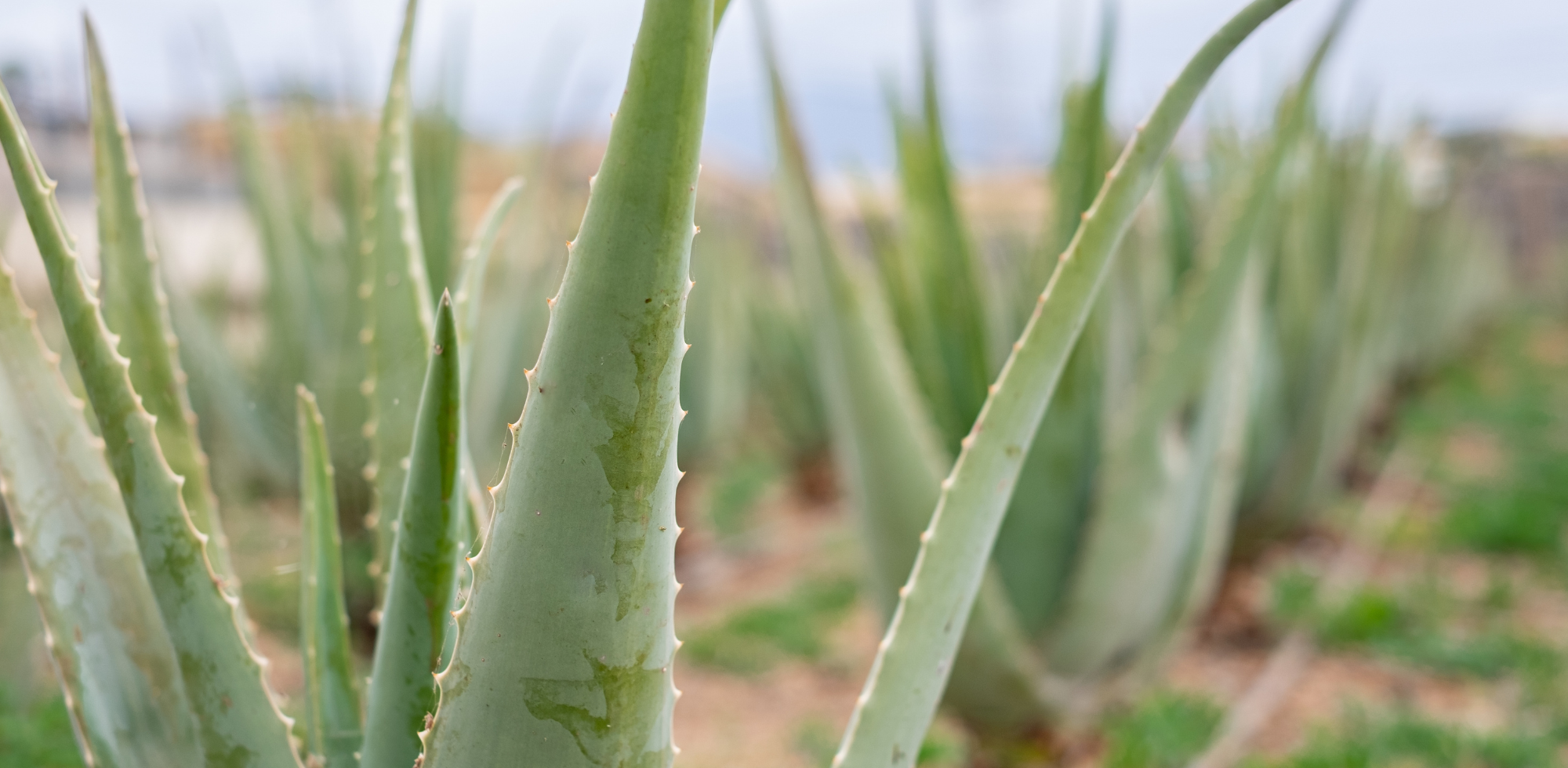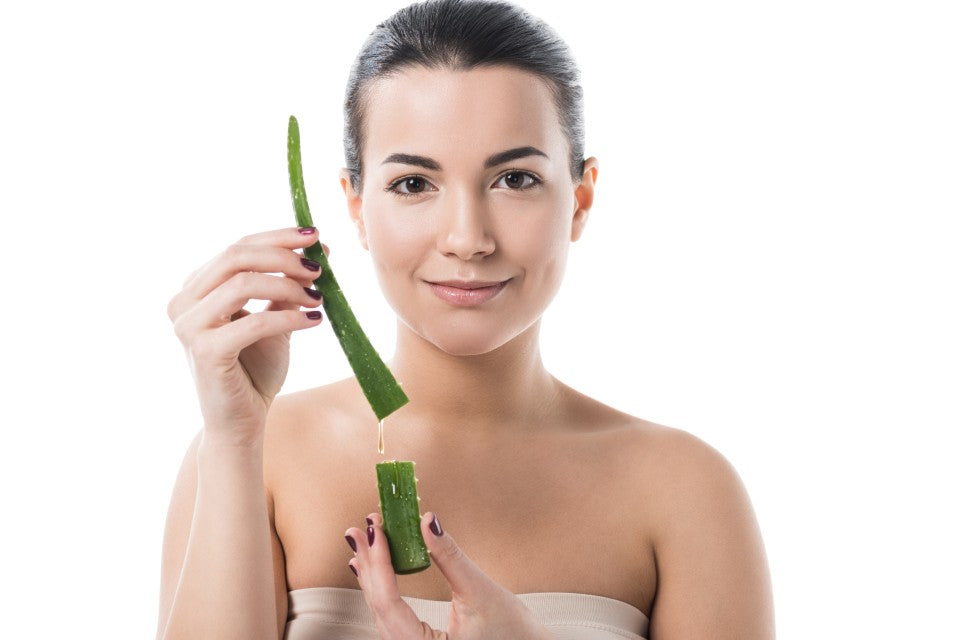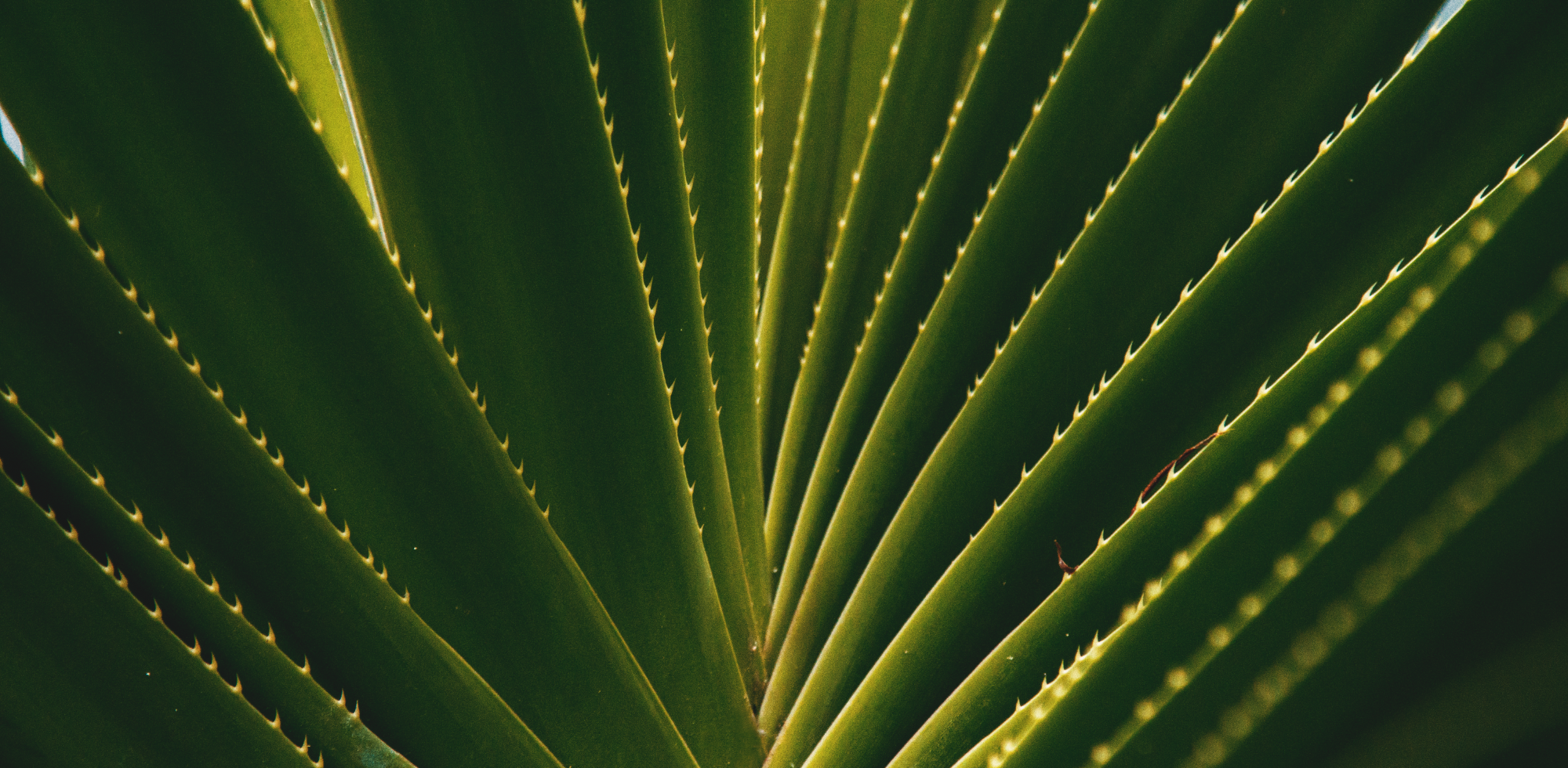Eczema, a chronic condition characterized by inflamed and itchy skin, affects millions of people worldwide. Among various natural remedies, how to use aloe vera gel for eczema has gained significant attention due to its soothing properties. This article will explore the benefits and ways to effectively utilize aloe vera gel for managing eczema symptoms.
Understanding Eczema: A Deeper Look
Eczema, also known as atopic dermatitis, is not merely a skin disorder; it’s a complex interplay of genetic, environmental, and immune factors. In this section, we’ll dive deep into what eczema is, its types, and how it manifests on the skin.
What is Eczema?
Eczema is an inflammatory skin condition that causes red, dry, and itchy patches. The affected areas can become thickened over time due to scratching and inflammation. Though often associated with children, it can persist into adulthood or even emerge for the first time in adults.
The skin barrier plays a crucial role in protecting against irritants, pathogens, and allergens. In individuals with eczema, this barrier may be compromised, leading to increased water loss and vulnerability to irritants.
Types of Eczema
Understanding the different types of eczema can help individuals better manage their symptoms. The most common types include:
-
Atopic Dermatitis: Often linked with allergies and asthma, atopic dermatitis is the most prevalent form of eczema. It usually appears in childhood and may persist throughout life.
-
Contact Dermatitis: This type occurs when the skin reacts to direct contact with an irritant or allergen. It can manifest as a localized rash.
-
Seborrheic Dermatitis: Commonly seen on oily areas of the body, such as the scalp and face, seborrheic dermatitis results in flaky, sometimes itchy patches.
-
Dyshidrotic Eczema: Characterized by small, itchy blisters on the hands and feet, dyshidrotic eczema often flares up during stressful periods or in hot weather.
Understanding these variations can guide treatment strategies, including the use of aloe vera.
Symptoms and Triggers of Eczema
Symptoms of eczema can vary widely among individuals, but they typically include:
-
Dry, sensitive skin
-
Intense itching
-
Red, inflamed patches
-
Crusty, scaly areas
-
Thickened skin from prolonged scratching
Triggers can also differ for each person. Common triggers include:
-
Irritants: soaps, detergents, and fabric softeners.
-
Allergens: pollen, pet dander, and dust mites.
-
Stress: Emotional stress can exacerbate symptoms.
-
Weather: Extremes in temperature or humidity can lead to flare-ups.
Recognizing one’s personal triggers is key to managing eczema effectively.
The Benefits of Aloe Vera Gel
Aloe vera has long been celebrated for its numerous health benefits, particularly concerning skin care. In this section, we will discuss how aloe vera gel can be a valuable ally for those suffering from eczema.
Natural Moisturization Properties
One of the primary advantages of using aloe vera gel for eczema is its exceptional ability to hydrate the skin. Unlike many commercial moisturizers, which may contain alcohol or fragrances that could further irritate sensitive skin, aloe vera provides gentle hydration without any harmful additives.
The gel contains polysaccharides, which enhance moisture retention in the skin. When applied, aloe vera forms a protective barrier that locks in moisture while also allowing the skin to breathe.
Additionally, its lightweight texture makes it suitable for daily use, ensuring that those with eczema can maintain optimal hydration levels without the greasy residue that some heavy creams might leave behind.
Anti-inflammatory Effects
Another remarkable benefit of aloe vera is its anti-inflammatory properties. The gel contains compounds like acemannan, which have been shown to reduce inflammation and redness. For someone dealing with the discomfort of eczema, this can be especially beneficial.
When applied topically, aloe vera can soothe irritated skin, providing quick relief from the itching and swelling associated with eczema flare-ups. By reducing inflammation, aloe vera helps to promote healing and prevent further irritation caused by scratching.
Moreover, regular application can contribute to long-term skin health, addressing the underlying inflammation rather than just masking the symptoms.
Antibacterial and Antifungal Properties
Individuals with eczema are often more susceptible to skin infections due to the compromised skin barrier. Aloe vera’s natural antibacterial and antifungal properties can play a critical role in preventing infections.
Studies have indicated that aloe vera inhibits the growth of certain bacteria and fungi. By incorporating aloe vera gel into your skincare routine, you create an additional layer of protection against potential pathogens that may cause complications in already inflamed skin.
Regular application can minimize the risk of secondary infections, making it an excellent natural remedy for those struggling with eczema.
Cooling Sensation and Relief from Itching
The cooling sensation provided by aloe vera gel offers immediate relief to itchy and irritated skin. When applied, the gel feels refreshing and calming, alleviating the urge to scratch.
This cooling effect can be especially useful during summer or in hot environments when itching tends to worsen. Additionally, the soothing nature of aloe vera can create a mental association of relief, promoting a positive skincare routine for individuals dealing with chronic eczema.
How to Apply Aloe Vera Gel for Eczema
Now that we understand the benefits of aloe vera gel, it's essential to know how to apply it effectively. This section will provide comprehensive guidance on the best practices for using aloe vera gel for eczema relief.
Choosing the Right Aloe Vera Gel
Selecting the right aloe vera gel is critical for achieving optimal results. Not all aloe vera products are created equal, and several factors should be considered:
-
Ingredients: Opt for pure aloe vera gel without added fragrances, colors, or alcohol. These additives can irritate sensitive skin.
-
Organic Certification: Whenever possible, choose organic aloe vera gel to ensure that it’s free from pesticides and harmful chemicals.
-
Product Formulation: Some aloe vera gels come mixed with other ingredients that may enhance their effectiveness. Look for formulations specifically designed for sensitive skin or eczema.
By choosing a high-quality aloe vera gel, you set the foundation for a successful skincare regimen.
Application Techniques for Maximum Effectiveness
Knowing how to apply aloe vera gel correctly can make a substantial difference in the outcome. Here are some recommended techniques:
-
Cleanse the Area: Begin by gently cleansing the affected area with mild soap and lukewarm water. Avoid harsh soaps that can strip the skin of its natural oils.
-
Pat Dry: After cleansing, gently pat the skin dry with a clean towel. Ensure that the skin is slightly damp, as this can help seal in moisture.
-
Apply Generously: Use your fingers or a clean spatula to apply a generous amount of aloe vera gel directly onto the affected areas.
-
Massage In: Gently massage the gel into the skin using circular motions. This technique promotes absorption and enhances blood circulation in the area.
-
Leave It On: Allow the aloe vera gel to remain on the skin without rinsing. You can reapply multiple times throughout the day, especially after bathing or washing your hands.
By following these application techniques, you can maximize the benefits of aloe vera gel and see positive changes in your skin.
Frequency of Application
For best results, consider establishing a consistent routine for applying aloe vera gel. Depending on the severity of the eczema and individual skin needs, you may choose to apply the gel:
-
Multiple Times Daily: For individuals experiencing intense itching and dryness, applying aloe vera gel three to four times a day can provide continuous relief.
-
As Needed: If your eczema is mild or only presents occasional flare-ups, applying aloe vera gel as needed during outbreaks can be sufficient.
Pay attention to your skin's response and adjust your frequency accordingly. Regular monitoring allows individuals to find the perfect balance for their unique skin type.
Incorporating Aloe Vera into Your Skincare Routine
Integrating aloe vera gel into your existing skincare routine can be seamless and beneficial. Here are some practical tips for combining aloe vera with other products:
-
Layering Technique: After applying aloe vera gel, follow up with a fragrance-free moisturizer. This combination can lock in moisture and provide long-lasting hydration.
-
Mixing with Other Natural Ingredients: Aloe vera gel can be blended with other natural ingredients known for their skin-soothing properties. For example, mixing aloe vera with coconut oil can enhance moisturization, while adding tea tree oil can offer additional antibacterial benefits.
-
Using as a Base for DIY Masks: Aloe vera gel serves as an excellent base for homemade face masks. Consider creating masks with oatmeal or honey to provide extra nourishment and relief for irritated skin.
By strategically incorporating aloe vera into your skincare routine, you can amplify its benefits and contribute to healthier, calmer skin.
Lifestyle Changes to Complement Aloe Vera Use
While aloe vera gel can substantially alleviate eczema symptoms, lifestyle factors also play a pivotal role in overall skin health. In this section, we'll explore complementary lifestyle changes that can enhance the effects of aloe vera.
Dietary Considerations
What we eat can profoundly impact our skin's health. Certain foods may trigger eczema flare-ups, while others can support skin repair. Here are dietary considerations to bear in mind:
-
Anti-Inflammatory Foods: Incorporate foods rich in omega-3 fatty acids, such as salmon, flaxseeds, and walnuts. These foods can help reduce inflammation and promote skin healing.
-
Hydration: Staying hydrated is vital for maintaining skin moisture. Aim to drink plenty of water throughout the day to keep your skin hydrated from the inside out.
-
Avoid Trigger Foods: Identify and eliminate potential food triggers that may exacerbate eczema. Common culprits include dairy, gluten, soy, and processed sugars.
Making conscious dietary choices can complement the use of aloe vera gel and contribute to improved skin health over time.
Stress Management Techniques
Stress is a well-known trigger for eczema flare-ups. Finding effective ways to manage stress can be crucial for maintaining skin health. Here are several techniques to consider:
-
Mindfulness and Meditation: Practicing mindfulness through meditation can help reduce stress levels. Taking a few moments each day to focus on your breath or engage in guided imagery can foster relaxation.
-
Exercise: Regular physical activity releases endorphins, which can enhance mood and diminish stress. Find exercises that you enjoy, whether it's yoga, walking, or dancing.
-
Adequate Sleep: Prioritize sleep hygiene to ensure you’re getting quality rest. Establishing a nighttime routine can help signal to your body that it’s time to unwind.
By implementing stress management techniques, individuals can mitigate one of the key contributors to eczema flare-ups.
Environmental Factors
Environmental elements can significantly influence eczema symptoms. Paying attention to your surroundings can help in managing flare-ups. Here are some considerations:
-
Humidity Levels: Maintaining a balanced level of humidity in your home is essential. Using a humidifier during dry months can prevent excessive moisture loss from the skin.
-
Temperature Control: Extreme temperatures can provoke eczema symptoms. Dress appropriately for changing weather conditions and avoid excessively hot showers that can strip skin moisture.
-
Gentle Products: Using fragrance-free and hypoallergenic products can minimize irritation. Choose gentle laundry detergents and skincare products that cater to sensitive skin.
By creating a supportive environment, individuals can further enhance the efficacy of aloe vera gel and facilitate a comfortable living situation.
Regular Dermatological Check-ups
While using aloe vera gel for eczema can be highly beneficial, regular check-ups with a dermatologist can help manage the condition effectively. Dermatologists can provide personalized treatment plans, recommend additional therapies, and monitor your progress.
Discuss any changes in your skin condition, and don’t hesitate to bring up your use of aloe vera gel. Collaborating with a professional ensures that you're taking a holistic approach to managing your eczema.
Conclusion
Eczema can be a challenging condition to manage, but how to use aloe vera gel for eczema provides a promising natural remedy. With its moisturizing, anti-inflammatory, antibacterial, and cooling properties, aloe vera gel can be a powerful addition to your skincare routine.
Understanding the nature of eczema, exploring the benefits of aloe vera, and employing effective application techniques can lead to significant improvements in skin health. Alongside lifestyle changes and regular consultations with healthcare professionals, individuals can cultivate a comprehensive approach to managing eczema.
Incorporating aloe vera gel into your daily routine not only addresses immediate symptoms but also promotes long-term skin resilience. As you embark on your journey to manage eczema, embrace the soothing benefits of aloe vera and witness the transformation of your skin.c




